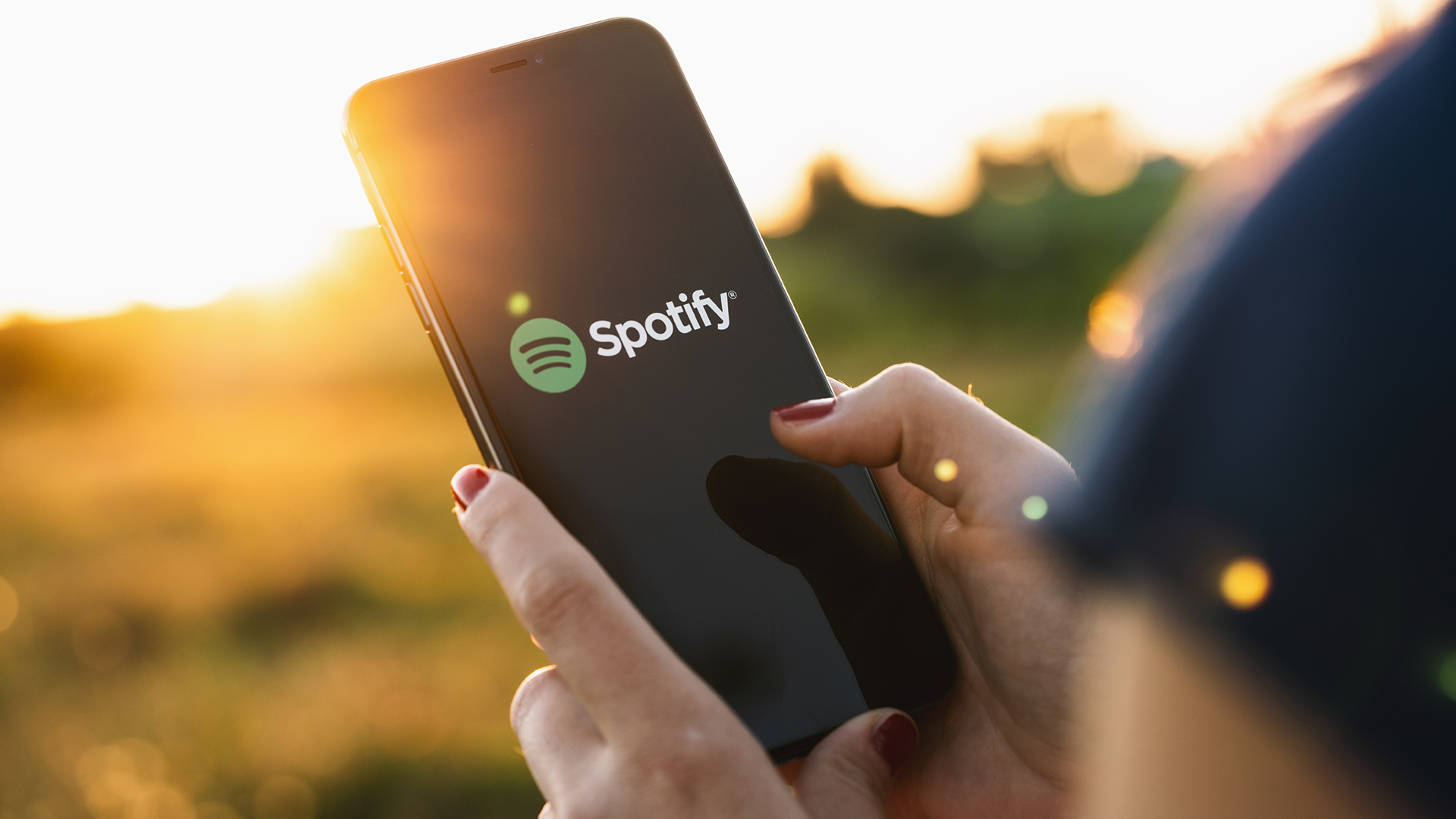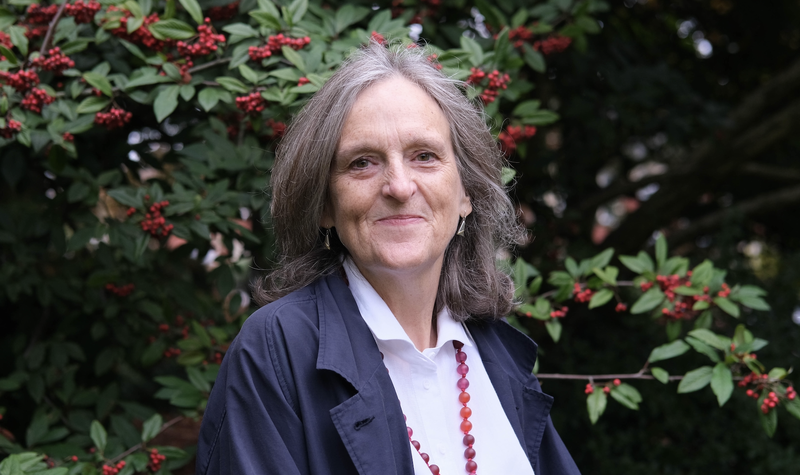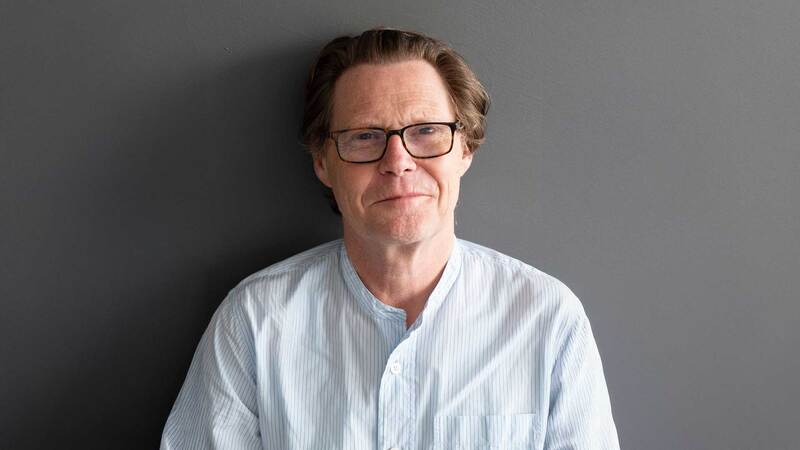You are viewing your 1 free article this month. Login to read more articles.
Uneasy listening

A few years ago I had a conversation with a Spotify executive to see how its venture into audiobooks was progressing. It is worth remembering that even back then, say five years ago, Spotify was a hugely dynamic business changing not just how music was consumed but also how music publishers and artists were to be remunerated. I said I didn’t think book publishing would be such an easy win. Not only was there little evidence listeners consumed audiobooks in the same way fans stream music, but book publishers, agents and authors were generally nervous of the “all-you-can-eat” business model. Don’t worry, I was told, the founders of Spotify will talk to the heads of the various big book publishers and a deal would be cut.
Half a decade on and Spotify this week surfaced its dedicated audiobook service in the US with 300,000 titles included in an offer to customers that, on the surface, looks pretty much like the kind of arrangement book publishers would have wanted a few years back, i.e. full-priced audiobooks sold separately to its premium subscription model for music and podcasts. In a call with journalists Nir Zicherman, Spotify’s vice-president and global head of audiobooks and gated content, admitted that the company had explored different business models, but industry partners had help determine that the à la carte model “was the best way to begin activating audiobooks and learning from how people interact with individual titles”. I bet.
The move comes almost a year after the Swedish business bought the US audiobook distributor Findaway, which coincided with rival audio retailer Storytel’s acquisition of AudioBooks.com, and follows Apple’s own push into the market, also on an à la carte basis. Meanwhile in the UK, audiobook platform xigxag has secured £500,000 of investment, while Danish business Podimo, a subscription service for podcasts and audiobooks, received €58.6m to accelerate its expansion.
A year ago xigxag founder Kelli Fairbrother chastised me for my apparent lack of enthusiasm for these developments during what continues to be an “amazing” period of growth and innovation for the spoken-word space.
I think she is right. The market for listening has an opportunity to revolutionise book publishing and, in some regions, namely Scandinavia, the playbook is already written. But the reality is that outside of Audible, no one has found a way to combine full-price audiobooks with high growth. “Just as Spotify has changed the way that people create and listen to music and podcasts, we believe we can do the same thing over time with audiobooks by offering new formats, new ways to interact with content and new ways to discover,” Zicherman is reported to have said. I get that, and it is good news for book publishing if it happens that way. But few can doubt that as far as Spotify is concerned this is a strategic work-around hewn from five years of frustration, and in that respect a case of one step back before the inevitable great leap forwards.




















